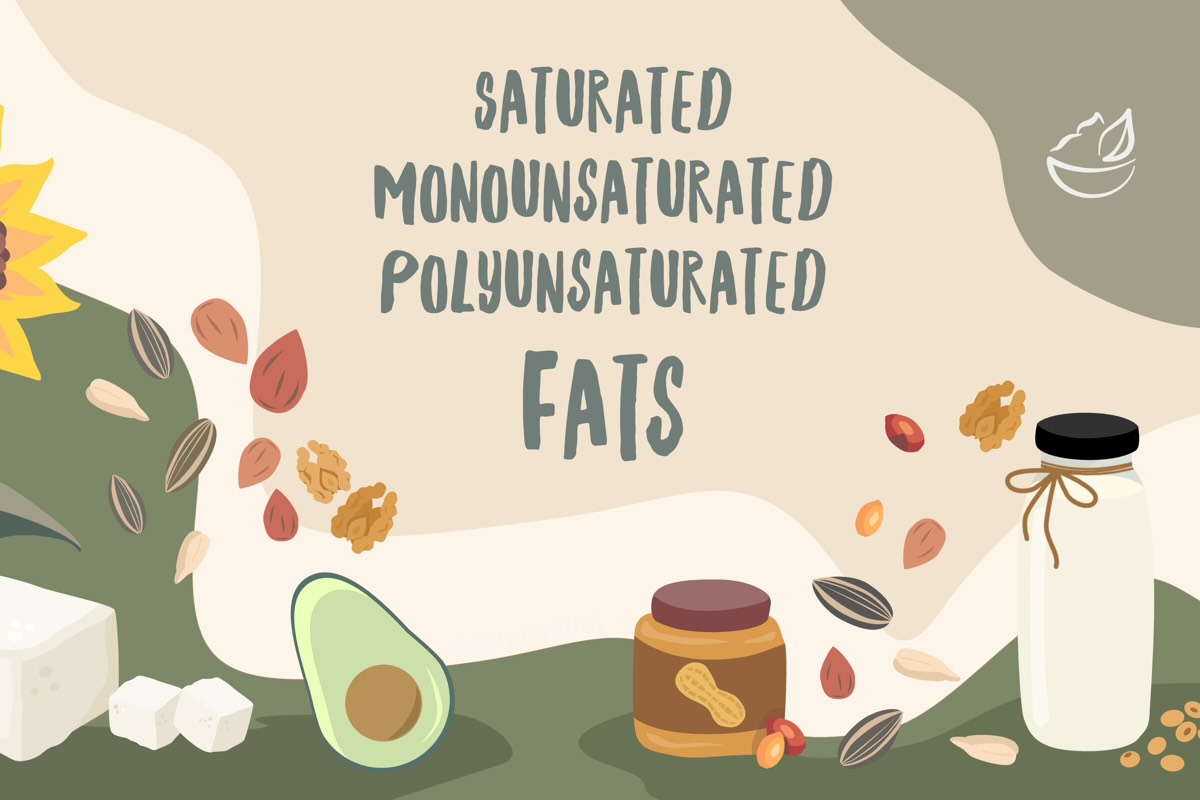Carbohydrates? Early on, we’re told to avoid carbs in our diet because everyone says “carbs are bad for your body” or “carbs make you fat”. This carb bashing for years has forced all of us to stay away from this important macronutrient.
Just as it goes for other things in life, it’s all about maintaining that balance, and that’s when you get it right. Say it with us: “Carbs are NOT bad for my body and I’m going to start including the right ones in my diet to keep my body healthy”.
Before we move ahead, let’s understand Carbs better.
What Are Carbohydrates?
Carbohydrates are sugar molecules. They are one of the three macronutrients that your body needs (along with fats and proteins). They are typically found in plant-based foods, such as grains.
Here’s what it does for your body:
Carbohydrates are the “energy blocks” for your body as each gram of carb provides you with 4 calories. Your body breaks it down into glucose in your blood (commonly known as blood sugar), which is the major energy source for your cells, tissues, and organs.
So yes, it’s more important than you think it is.
It’s just that some carbs are healthier than others. Carbs are more about the type than the amount that is consumed. Yes, your focus should be on consuming carbs from the right healthy sources such as fruits, vegetables, milk, etc. rather than limiting the quantity of it by following a strict diet.
What Are The Different Types Of Carbohydrates?
Carbs can be mainly divided into 3 categories:
-
Total Sugars: These are the simplest forms, naturally occurring in foods such as fruits, milk products, and vegetables as well as added sugars. Its types mainly include fruit sugar (in the form of fructose), table sugar (sucrose), and milk sugar (lactose). The body very easily absorbs and digests sugars.
-
Starch: Also known as complex carbohydrates, these are the forms that are made of simple sugars strung together. Your body uses it as energy only by breaking the starch down to sugar. It is found in sources like bread, pasta, and vegetables such as peas, potatoes, corn, etc.
-
Dietary Fibre: These are complex carbohydrates, which can not be broken down easily by the body. It naturally occurs in fruits, vegetables, nuts, whole grains, etc. It’s a great source for increasing bowel movements, lowering cholesterol and blood glucose.
To know more about dietary fibre, check out our blog here.
How To Get Your Carbohydrates Intake Right?
How Many Carbs Should You Consume Every Day?
While it may vary from person to person, but on average, one should get 45-65% of their calories from carbs every day. On the Nutritional Facts Label, the daily value of total carbohydrates is 275 grams per day.
What Are The Carbs You Should Include In a Well-Balanced Diet?
Yes, you need to include carbs in your diet but it’s essential to pay attention to the right kinds of carbohydrates for keeping your health in check:
A study points in the direction that one should lower the consumption of added sugar in his/her diet as it increases the risk of cardiovascular diseases and cavities. Limiting its quantity as much as possible is beneficial for your overall health as foods with added sugar have calories more than nutrition. This in turn spikes your blood sugar and can also make you gain weight.
The Dietary Guidelines for Americans suggest cutting down the calories from added sugars to less than 10% of total calories. This makes it 50 grams or 200 calories from added sugars per day based on a 2000 calorie diet.
It also recommends increasing dietary fibre intake in the diet due to its many health benefits. The FDA recommends that one should consume 28 grams of dietary fibre each day based on a 2,000-calorie diet.
What Are The Shifts Needed To Align With Healthy Carbohydrates Eating Patterns
-
Make a move from refined grains to whole grains: Whole-grain foods such as brown rice, bulgur, couscous, and quinoa. It offer a lot more nutrients to your body than commonly consumed items such as bread, cereal, rice.
-
Prefer food options with lower added sugars, saturated fats and sodium: It’s time to make a move from croissants to bread and from buttered popcorn to plain ones.
-
Shift to a fibre rich fruit intake: Pick whole fruit (whether fresh, frozen, dried or canned in 100% fruit juice) as they help you feel fuller with fewer calories only. You can eat them as a snack or as desserts.
-
Snack on Raw vegetables: They’re a great source of fibre. Try picking out colourful vegetables such as broccoli, red pepper and carrots.
-
Say Yes to Legumes: Legumes include peas, lentils, etc. which should be added to your diet as they’re a great source of protein and fibre.
Choose Your Carbohydrates Wisely With Plantiful
While Carbs are extremely important, you know that by now that not all are the same. Being rich in carbs isn’t everything, after all, lentils are not the same as lollipops.
Choosing nutrient-dense carbs with fiber, vitamins, and minerals is your best bet while keeping your body healthy and nutritious. Plantiful can help you pass on those unhealthy diet habits. Can take you from soda to sweet potatoes without you even realizing it! Download, explore and eat guilt-free!




